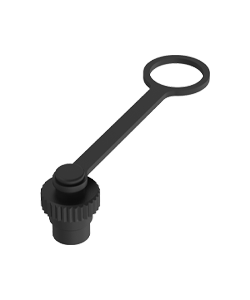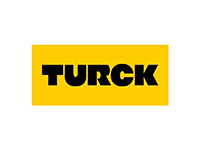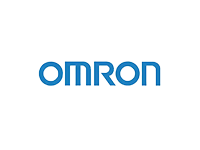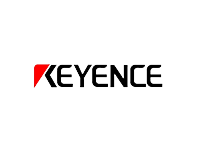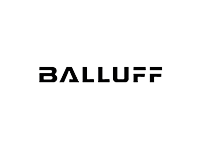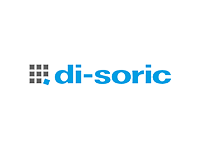Supply Chain Management at Connoder

Connoder's Supply Chain Type
Raw material Suppliers
Provide the plastics, metals and insulation materials required for production.
Accessories Supplier
Provide installation tools, dust caps, sealing rings, etc.
Label and Logo Suppliers
Providing custom labels, logos, compliance markings.
S Supplier
Provide process services such as gluing, gold plating, and spraying.
Packaging Suppliers
Provide packaging materials and custom packaging services.
Logistics Partner
Provide freight, transportation, and logistics distribution services.
Equipment Supplier
Provide CNC machining centers, injection molding machines, and automated assembly systems.
Photography and Visual Display Services
Provide product photography, 3D rendering and visual display services.
Marketing Agencies
Assist marketing agencies to cooperate in market analysis, brand promotion, customer relationship management, etc.

Supply Chain Management at Connoder
Supplier Selection and Evaluation
Based on factors such as product quality, supply capacity, production capacity, delivery timeliness, and price rationality, potential suppliers are comprehensively evaluated, using quantitative and qualitative analysis to ensure that high-quality suppliers that meet factory requirements are selected.
Establish Strategic Partnerships
Establish long-term strategic partnerships with high-quality suppliers, set common quality, delivery and service goals through clear contracts, and enhance the trust and willingness to cooperate between both parties.
Performance Monitoring and Improvement
Regularly use key performance indicators (KPIs) to evaluate supplier performance, monitor product quality, delivery timeliness and response time, and promote improvements in supplier production processes and quality management through continuous feedback.
Risk Management and Response
Identify potential risks in the supply chain, conduct systematic risk assessments, and develop contingency plans to ensure production continuity when market fluctuations or natural disasters occur.
Contract Management and Compliance
Specify quality standards, delivery requirements and responsibilities in contracts, regularly review supplier compliance, ensure that they follow environmental and social responsibility standards, and maintain brand image.
Innovation and Sustainable Development
Encourage cooperation with suppliers to develop new products, promote innovation, and enhance market competitiveness. At the same time, advocate that suppliers use environmentally friendly materials and sustainable practices in the production process to meet corporate social responsibility requirements.
Training and Capacity Building
Regularly train suppliers to improve their technical capabilities and management levels to ensure that they keep pace with corporate development.
Digital Supplier Management
Through the implementation of the supplier management system (SRM), centralized supplier data management, real-time performance monitoring and order status tracking are achieved, and the supply chain process is automated by connecting with the ERP system.
Multi-supplier Strategy and Supplier Integration
Set up multiple suppliers for key components or raw materials to reduce dependence on a single supplier. At the same time, reduce the number of suppliers through supplier integration, optimize management resources, and gain scale advantages.
Please Send Your Message To Us
- Name
- Tel
- *Title
- *Content




